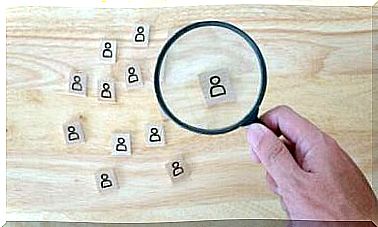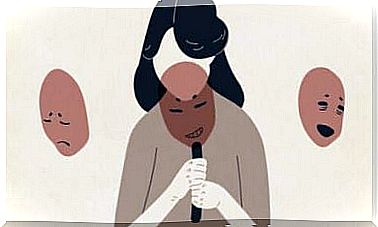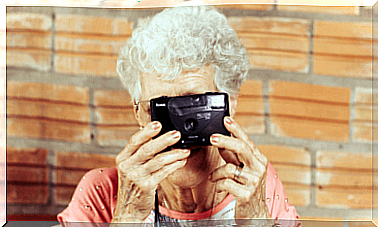Technopathology And New 2.0 Diseases

Technopathology is a term that refers to mental, physical and social disorders associated with the misuse of technological devices. Let us understand the context in which technopathology develops: The introduction of ICT (information and communication technology) in our daily lives spreads quickly and with great ease.
There is no doubt that this has a positive impact on our well-being since it allows us to get services that were not possible long ago. It was extremely expensive and simply impossible to transport or would require an excessive amount of precious time.
Today we carry a seemingly important device in the palm of our hand or in our pocket. It makes many tasks much easier, ranging from communicating with people in our inner circle to consulting the largest encyclopedia on the planet. It allows us to look at a world map with a level of detail that would be impossible to recreate on paper or measure physically, see the calories we burn and even remind ourselves to drink water.

Technopathology: When the use of ICT becomes an addiction
What happens when we do not know how to adequately manage the growing amount of services that technology offers? When do we go from exploiting technology to becoming its slave? Fortunately , we do not have an addictive disorder most of the time. In other words, we do not have a pathological dependence on ICT, but we must be aware of its signs.
Are we approaching a world full of technopathologies?
Abuse or inadequate use of technologies is beginning to show negative consequences for users and their environment. These are some of the warning signs we need to keep in mind when identifying a technology addict:
- The person needs to be connected longer to feel satisfied.
- An inability to concentrate on daily tasks is interrupted by messages and emails and the ongoing need to be connected.
- A clear change in lifestyle due to an increased desire to be connected. If the person is not connected long or often enough, they can reach a high level of anxiety and stress.
- Evidence of a lost thought process influenced by an addictive behavior, which further creates a downward spiral. In addition, some affectionate distortions may come to the surface since people stop feeling certain emotions. They begin to have difficulty identifying or interpreting emotions.
- An abandonment of leisure activities or obligations. People look for excuses to stay connected even more.
- Self-deception situations related to time and frequency of connection. Confusion between virtual and real life, which throws away the concept of priorities.

Tips to prevent technology addiction
If you’re wondering if you belong to the collective group of those who are “hooked” on technology, try following these recommendations to maintain a healthy digital life:
- Set a specific time to use your mobile phone and other technological devices. If you enjoy playing video games, you can create maximum time to play them. Similarly, you can set a specific time to return calls and messages.
- Summarize your ideas and answers in a message. Think about what you want to express and try to summarize it in a simple communication.
- Enter an application limit. It is better to only have the programs we use daily installed because, if we have too many, our phone will slow down and we will spend more time on it.
- Avoid social isolation due to technologies. Enjoy your free time and your loved ones.
- Respect the time of others. Do not call or answer the phone when you are with others. Do not place the phone on the table when eating to avoid temptation.
- Do not let yourself be hooked by social media. Participate in groups that you consider important and ask yourself if it is necessary to respond to each interaction.
- Avoid devices that do not allow you to rest or sleep properly. Try leaving your units in other rooms while you sleep.
We can control it
We undoubtedly live in a society that is deeply influenced by information and communication. In this context, we must keep the balance so that technology does not affect our enjoyment of the most important parts of life. Therefore , it is in our hands to make technology an instrument for our quality of life and not something that can affect us in a negative way.








